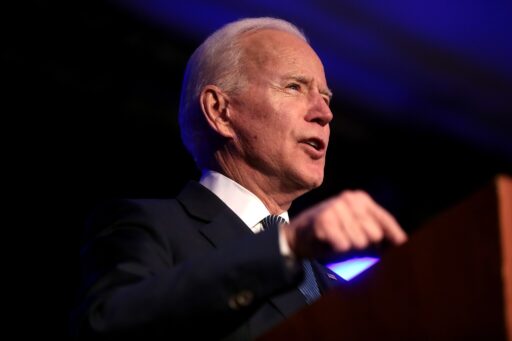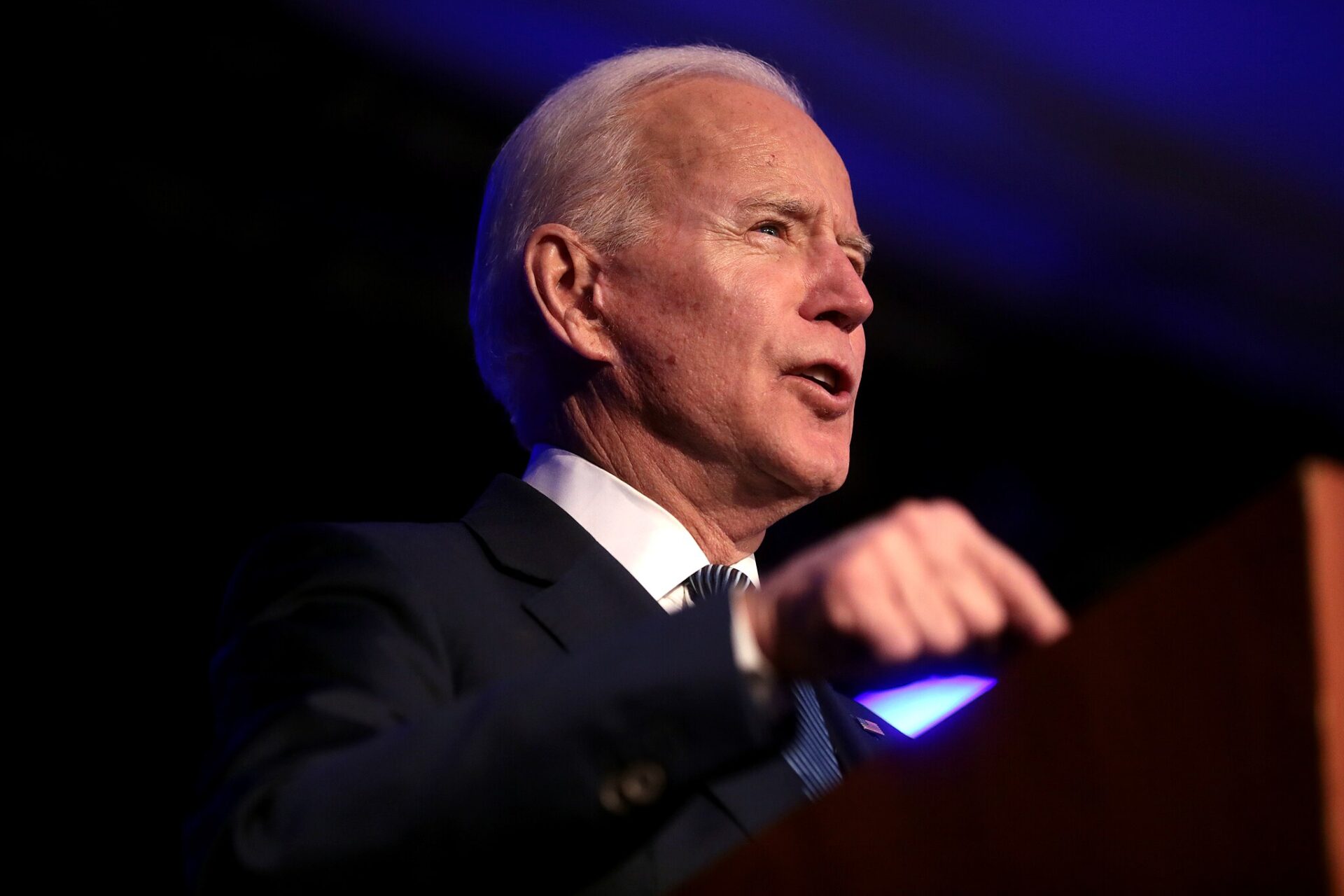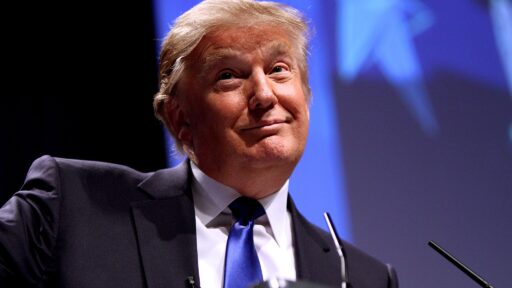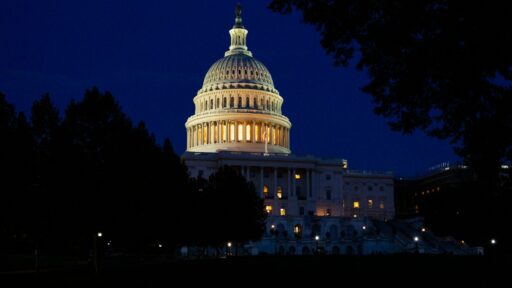This needed to happen.
President Joe Biden is set to announce on Friday that he will block the controversial attempt by Japan’s Nippon Steel to acquire U.S. Steel, a decision that aligns with the “America First” agenda championed by former President Donald Trump. This move comes just weeks before Trump’s upcoming inauguration and has been heralded as a political win for the Trump camp.
The proposed $14.9 billion deal to merge U.S. Steel with Nippon Steel became a central issue in the 2024 election campaign, sparking fierce debate over national security and economic sovereignty. President Biden and Vice President Kamala Harris both expressed opposition to the acquisition, echoing concerns raised by unions and American workers. However, it was Trump who led the charge against the deal, framing it as a threat to American jobs, industries, and national security.
In December, the Committee on Foreign Investment in the United States (CFIUS) evaluated the deal, warning that Nippon Steel’s acquisition could potentially jeopardize America’s steel production capabilities. The CFIUS raised red flags about the possibility that Nippon Steel could shift production away from U.S. facilities, undermining American steelworkers and diminishing the resilience of the U.S. industrial base. The Biden administration, after careful consideration, sided with national security interests and rejected the deal.
This decision has clear political implications. It reinforces Trump’s “America First” philosophy of protecting domestic industries and securing jobs for American workers. Trump had made it clear early on that he would oppose any foreign takeover of U.S. Steel, promising to block the deal through measures like tariffs and tax incentives to ensure that the steel giant remains strong and American-owned. In a Truth Social post, Trump denounced the deal, warning that “buyer beware” and pledging to use every tool at his disposal to prevent the sale.
While Nippon Steel had argued that it would inject significant investment into U.S. Steel’s unionized plants, its promises failed to assuage concerns about job security and long-term production shifts. The powerful United Steelworkers union also strongly opposed the sale, citing the risks it posed to American workers and critical infrastructure.
This decision is a clear example of how the Biden administration, albeit reluctantly, is being forced to acknowledge the growing concerns about foreign influence over key American industries. It marks a potential shift toward a more protectionist stance, one that could define future trade and investment policies in the post-Trump era.
For the American people, particularly those in Pennsylvania, this move may represent a critical step in preserving the future of U.S. Steel and its workforce. However, with many U.S. Steel shareholders hoping for the deal’s approval, the company’s future remains uncertain. What is clear, though, is that Trump’s vision for an America-first industrial policy continues to resonate, especially as the U.S. confronts the challenges posed by foreign acquisitions of its strategic assets.







